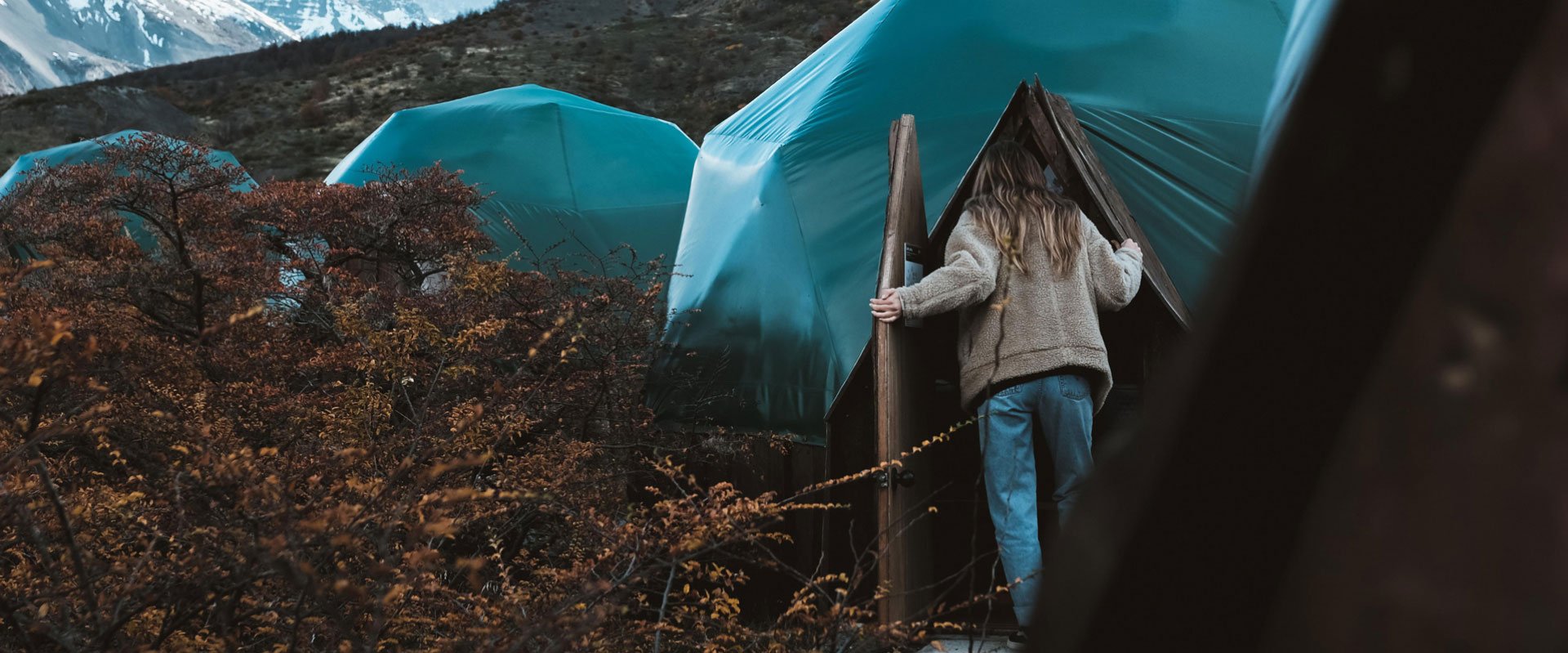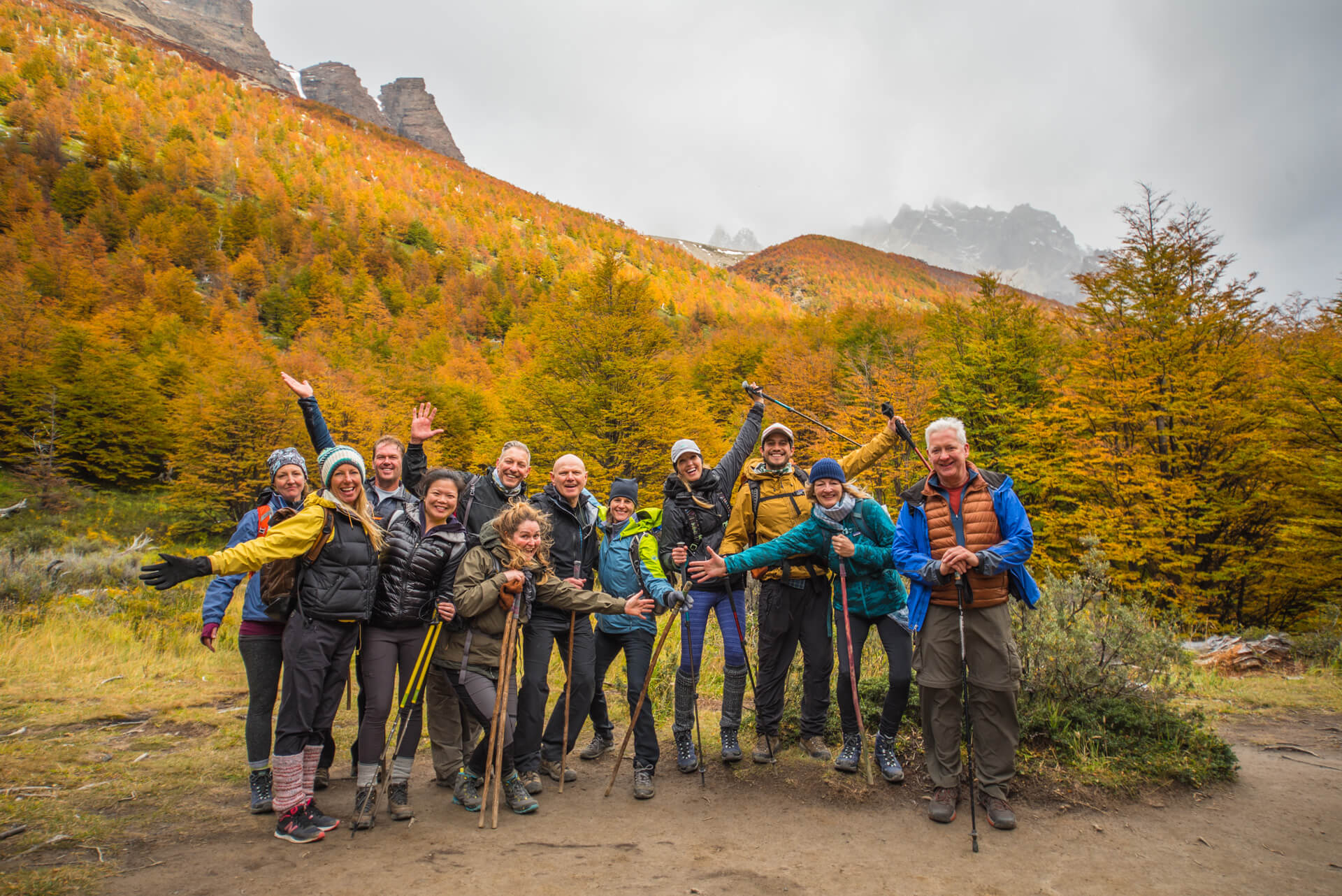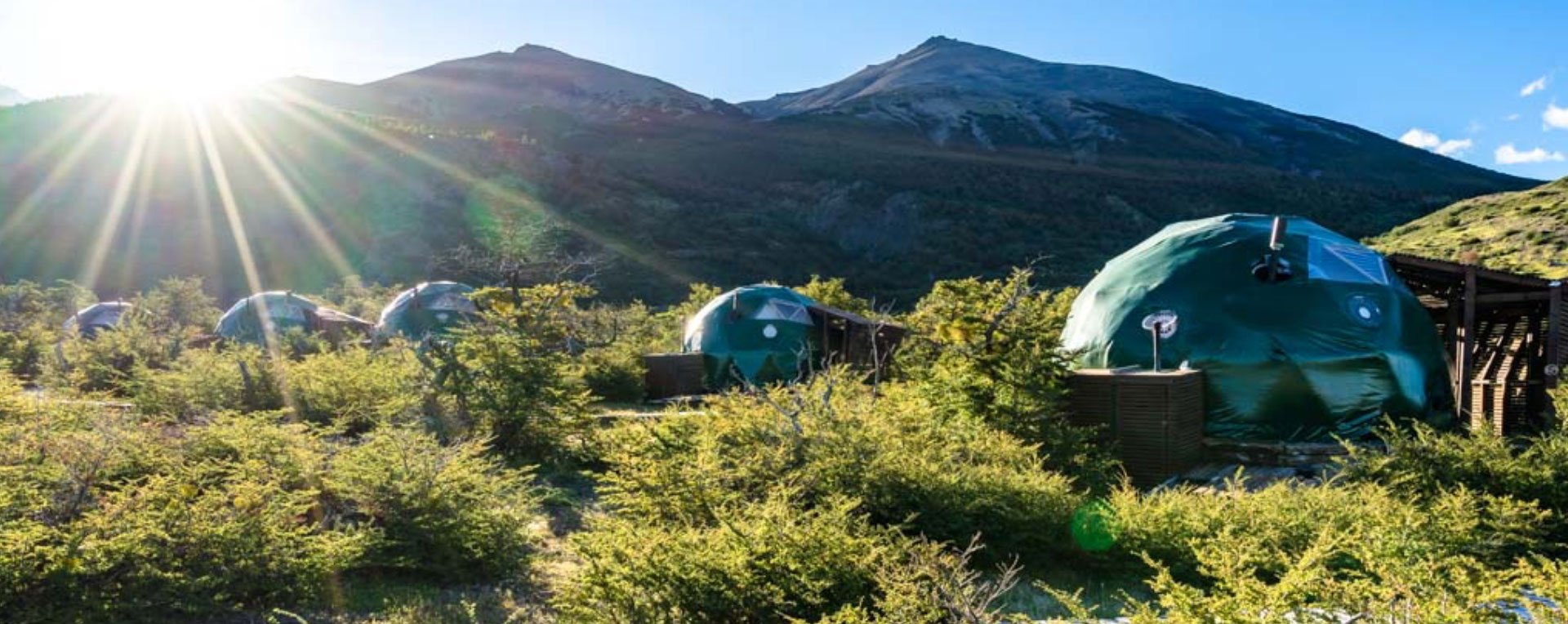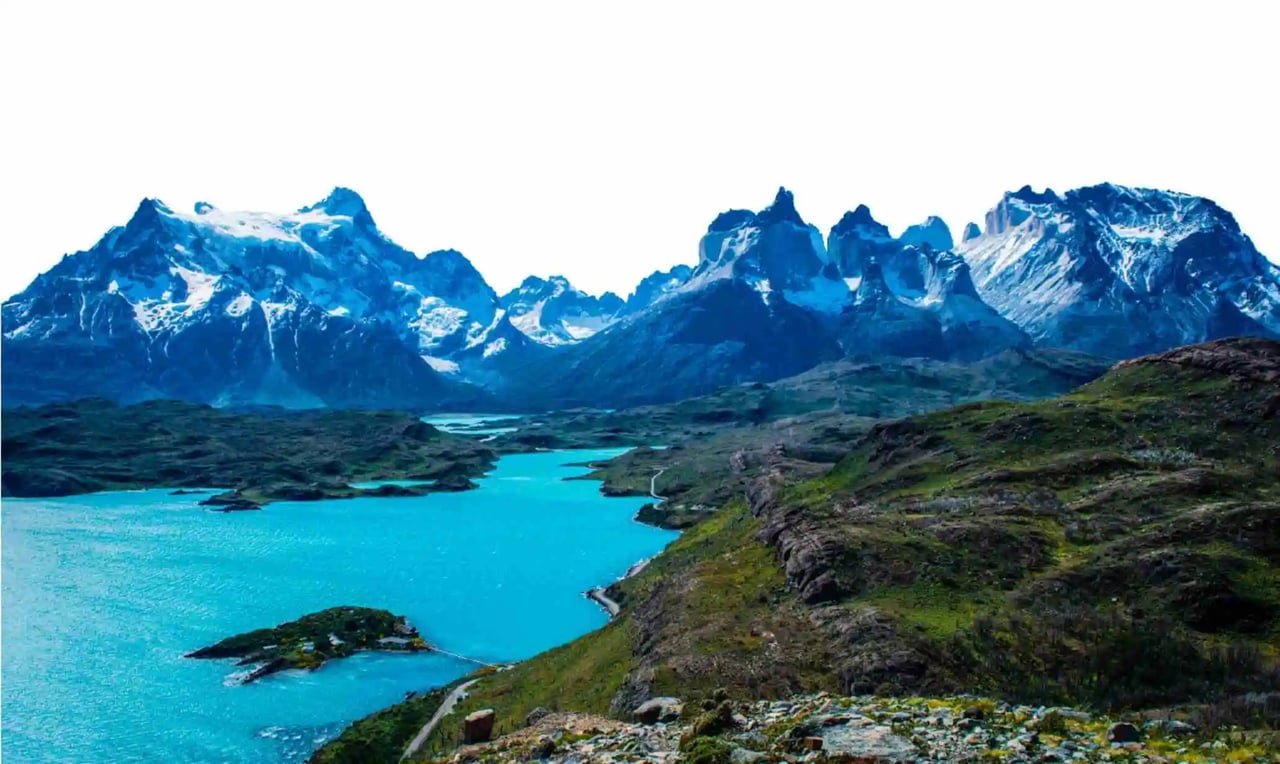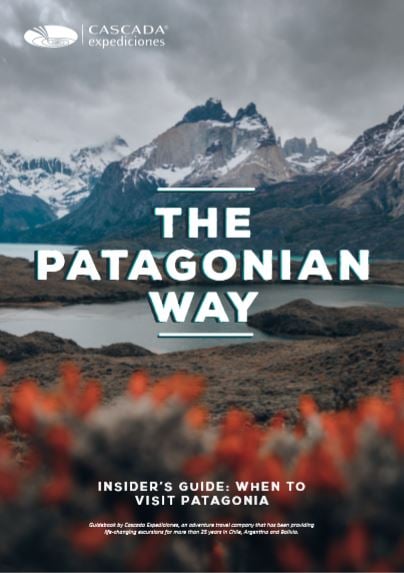2020 gave us some time to rethink the way we provide life-changing experiences through tourism. Not any kind of tourism though: adventure travel involves not only scenic wild places in remote locations, but also passionate people who like to share their passion for the outdoors and for human connections.
In 2020, the words “social distancing” are omnipresent.
But also the words “solidarity” and “together”.
And we are deeply convinced that, when all borders open and people can travel again, this reshaped tourism will be about the people. Yes, maybe with smaller groups and more distance between travelers: but that distance has to do with centimeters, not with the power of the human connection.
And in 2020 more than ever, connection reached a whole other level. The “#BlackLivesMatter” movement is a fantastic example of how humans can gather for something important, both locally and globally. We were amazed by the commitment of humans to struggle not only against brutality, but for the respect of life itself. We know the huge power of tourism to transmit these values and change peoples’ lives, which is why we are pleased to introduce some amazing example of how it is possible to involve people of all cultures, religions and colors, to provide a more meaningful experience for all. Because in tourism, everyone matters.
- Local farmers
-1.jpg?width=5885&name=Rosalba%20(1%20of%201)-1.jpg)
While buying local products, you support both the local economy and families whose income sometimes entirely rely on tourism. EcoCamp Patagonia supports local family businesses in the nearby city of Puerto Natales. In this peaceful city of about 20,000 inhabitants, there are dozens of local farmers that grow organic fruits and vegetables. We are proud to have long term relationships with local farmers who provide us with lettuce, onions, tomatoes, etc. While it is true not everything can grow in Southern Patagonia – some fruits are come from central Chile – we increased the amount of local products in our food to make it less dependent from importation and therefore decrease the ecological footprint.
- Workers with values
.jpg?width=5315&name=Staff%20EcoCamp%20(2%20of%201).jpg)
When you are a business with a true commitment to sustainability and a spirit of community like EcoCamp, you want to work with people who share the same values. Working in a place like EcoCamp goes far beyond the beauty of the place and the wage. Here, there is a community of people who love (to take care of) nature and who are willing to spend up to 11 days in a row in the national park. All of them sleep in domes and like to connect both with the guests and fellow team members. There is a training for all team members, so everyone can learn about the lifestyle at EcoCamp and minimize their footprint in this fragile place. There is a team of almost 100 people working for EcoCamp both on-site and in the office of Puerto Natales. Everyone matters: guides, drivers, maintenance, housekeeping and cleaning, front desk, administration, operations, accountability, yoga, massage, waiters, kitchen, etc. (not to mention the team of more than 30 persons at Cascada Expediciones). And while we try to employ as many locals as possible, we also work with people from all around Chile and other countries, with no distinction of sex, religion, colors, etc. Only the values we stand for!
- Indigenous culture
.jpg?width=6048&name=Kawesqar%20(13%20of%201).jpg)
While Patagonia is not particularly well-known for its indigenous cultures, there are still indigenous population inhabiting this vast territory. And their very valuable legacy must be protected! Most people have heard of the gaucho culture – these Patagonian cowboys living working with the cattle and the sheep – but few of them know the words “Kaweskar”, “Selknam”, “Aonikenk” or “Yagan”. All of them are indigenous people. These populations quickly decreased after the first settlers conquered the region. They are considered exctinct as a tribe. The exploration of gold and the introduction of farming in the Tierra del Fuego island led to a drastic decline in the number of the Selknam people, which is now considered a genocide.
Further North, the Kaweskar used to navigate through the fjords of Patagonia with canoes of eight to nine meters long. They continued their fishing, nomadic practice peacefully up to the late 19th century, when Europeans began to settle in the area. They suffered infectious deseases brought by the settlers. Kaweskar families were relocated in some specific areas like the Wellington Island and Puerto Natales.
While almost all of them lost their native language and nomadic culture, they are a few dozen remaining. The Pueblo Kawesqar project was recently founded to help this ancient culture survive through projects within the community. The projects involve handicraft workshops and the design of lunch boxes using elements of the Kaweskar culture.
We invited one of the members of the Kawesqar community at EcoCamp: Carmela. As a teenager, she canoed with her family for months through the wild fjords of Patagonia. In 2020, she could see Torres del Paine National Park for the first time of her life. Our team members had the opportunity to listen to her life stories, learn a bit of Kawesqar language and practice some handicraft.
-1.jpg?width=5236&name=Kawesqar%20(14%20of%201)-1.jpg)
In a place where the indigenous culture almost went extinct, a project like “Pueblo Kawesqar” is incredibly valuable. But we are deeply convinced indigenous communities should be supported everywhere that’s possible. Indigenous people of Chile form about 10% of the total population: the Mapuches (Southern Chile) form about 85% of this number.
- Sustainable commerce
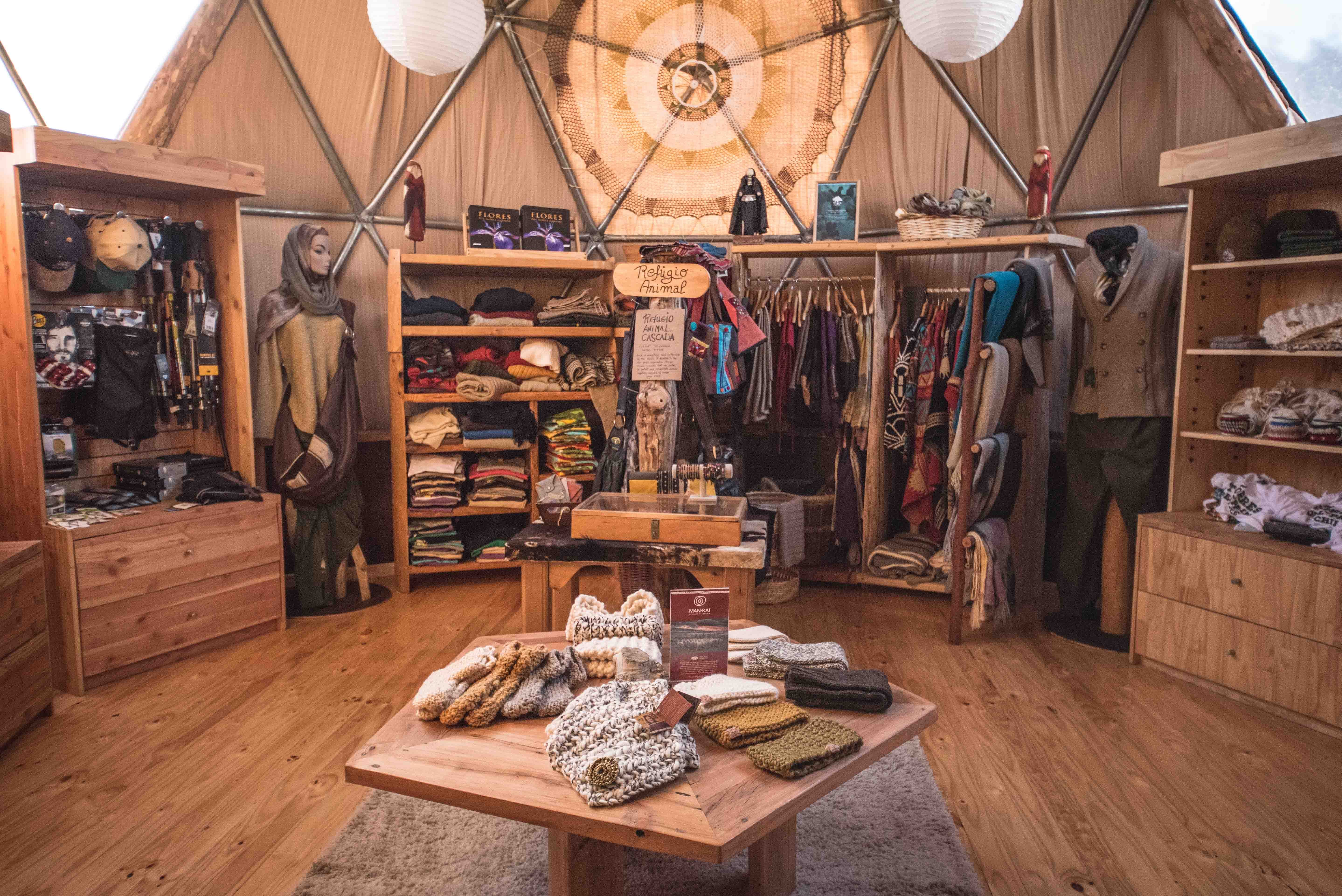
EcoCamp is a business that is run in a way to have a (very) low footprint and build a community, that makes it sustainable. We respond to the concept of the 4 C’s, designed by the Zeitz Foundation. EcoCamp is therefore commited to caring for environement conservation, embracing local culture, supporting the local community and being a viable business that cares both for the planet and the people. This last point matters, as it refers to the people we work with, and with whom we’ve built a long-term relationship. In our gift shop dome, you’ll find handicrafts (clothes, decoration items, creams, etc.) produced by small businesses over Chile. Here you can buy woolen clothes that directly support an animal refuge in Central Chile (Refugio Animal Cascada) and therefore protect animals. Some organic wellness products were produced in Puerto Natales, so it’s not simply about supporting small companies, it’s about supporting a full name: we know every single person we work with. And having the word “human” at the heart of your business completely changes the value of commerce.
- These people that work for a cause
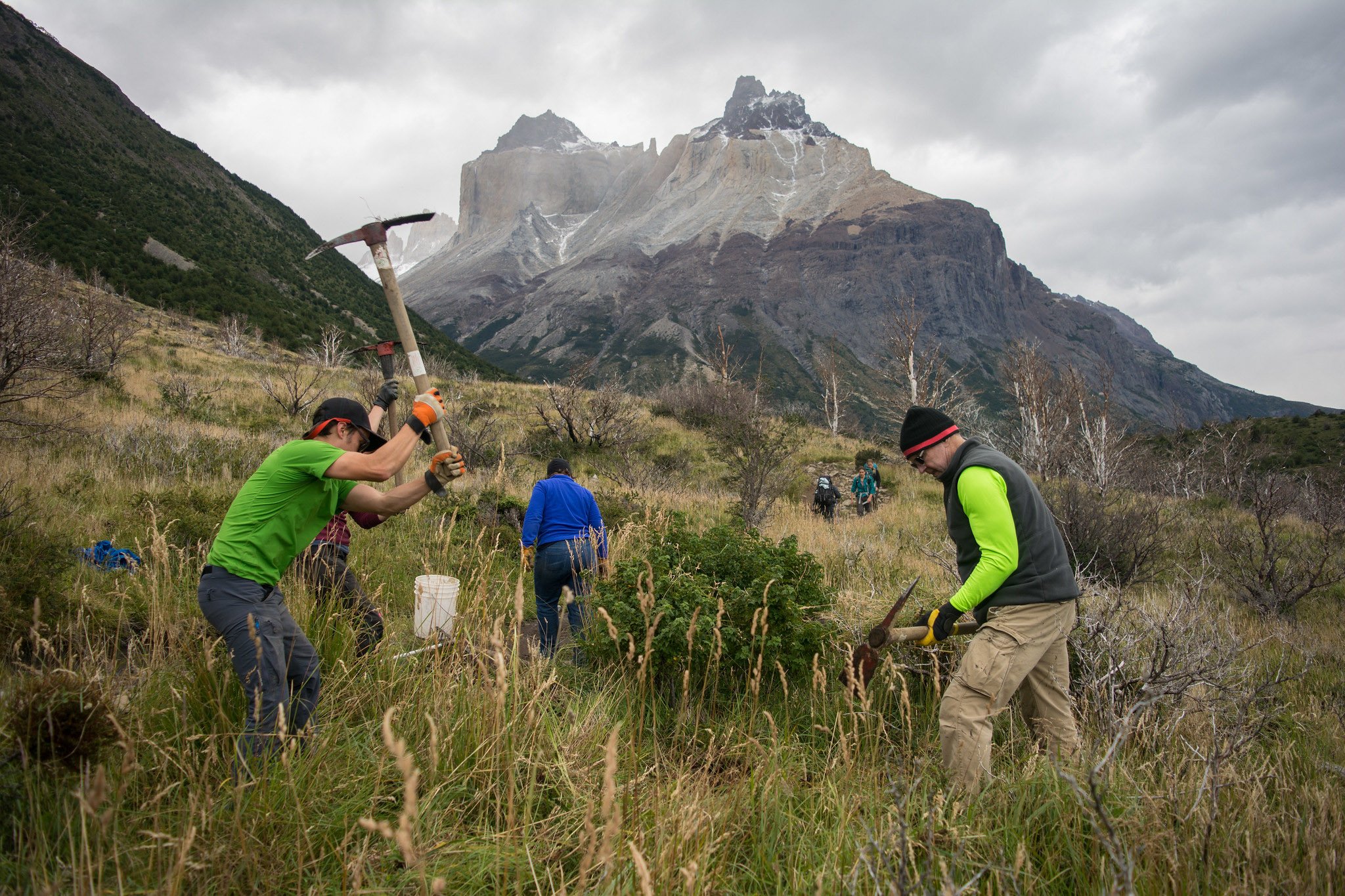
If a hotel like EcoCamp would only rely on people inside the organization, its power of tackling issues of sustainability would be very limited. In a fragile place like Torres del Paine National Park that is under the pressure of increasing tourism, there are lots of big issues. Just to name a few of them, two huge forest fires ravaged the park (in 2005 and 2011) due to the irresponsible behavior of tourists. With an increase of about 20% of visitors per year, famous trails such as the towers’ base are under pressure and the erosion is serious. Finally, some tourists do not follow the guidelines of “taking the trash with them”. Fortunately, some courageous people are working hard to tackle these issues.
The Torres del Paine Legacy Fund is a small organization that works in the park to build sustainable trails. They recently designed an alternative trail to the French Valley with the help of volunteers – including EcoCamp workers! Their hard work and effective collaboration with CONAF (the National Parks’ administration in Chile) allowed them to decrease the erosion on the trails while building some amazing trails with international standards. They are also involved with reforestation and community projects (including the Kawesqar)!
Another cool project is the “Fiesta de la Limpieza” (translate by “cleaning party”), an initiative started by a local guide – Javier Rojel – that aims to remove all the trash that can be found in the park at the end of every season. With the help of people and organizations in the area, this yearly event enabled the removal of hundreds of kilos of trash since it started in 2016.
- You, traveler!
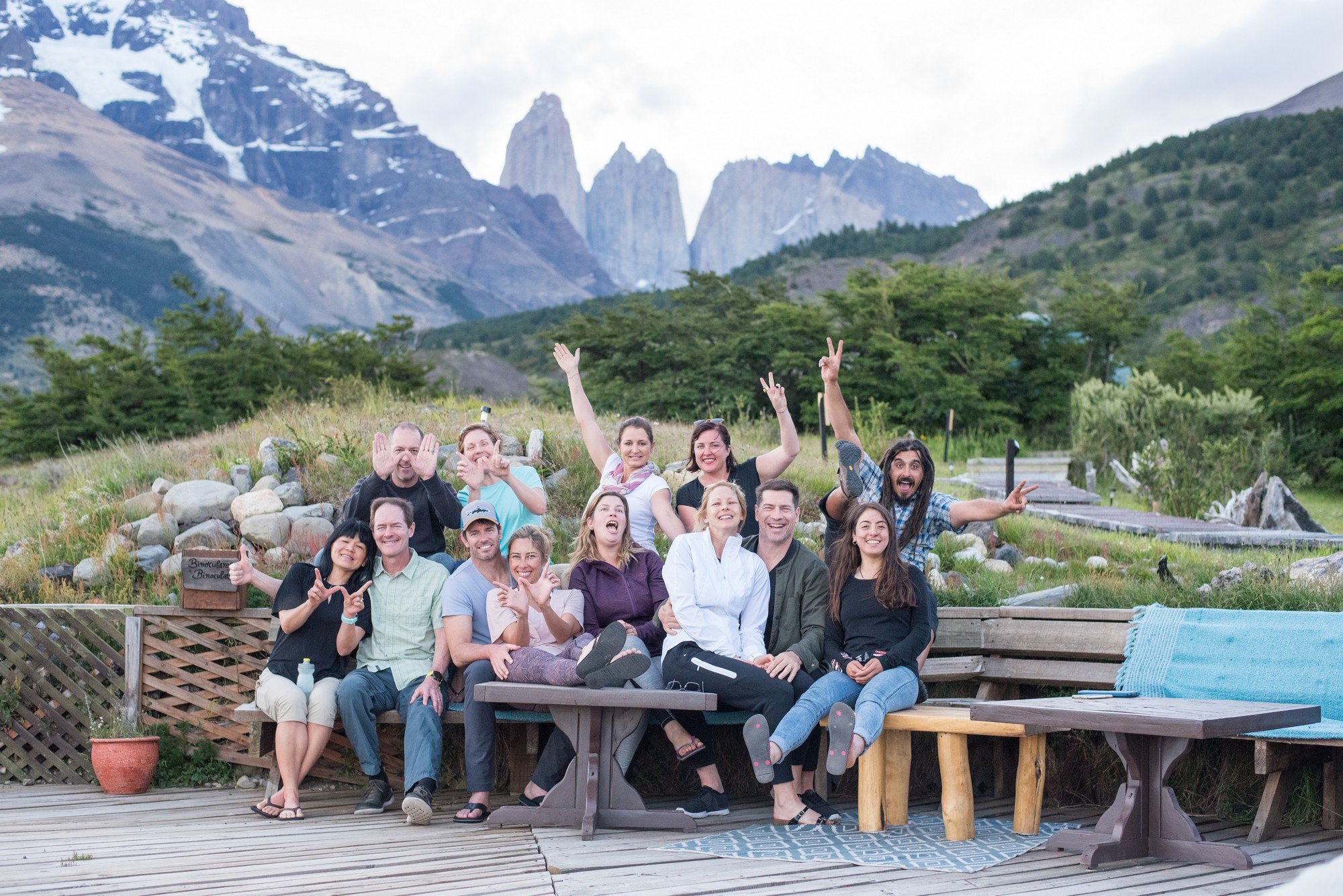
A place like EcoCamp wouldn’t exist without people like you, who travel with the aim of staying somewhere unique while caring for their footprint. We are proud to welcome people for all around the world – all of them participate in the amazing spirit of community that can be experienced at EcoCamp.
And wherever you travel, we can only recommend you to choose places that care for both the planet and the people.
Because if you travel with a cause, you can also make a difference.

